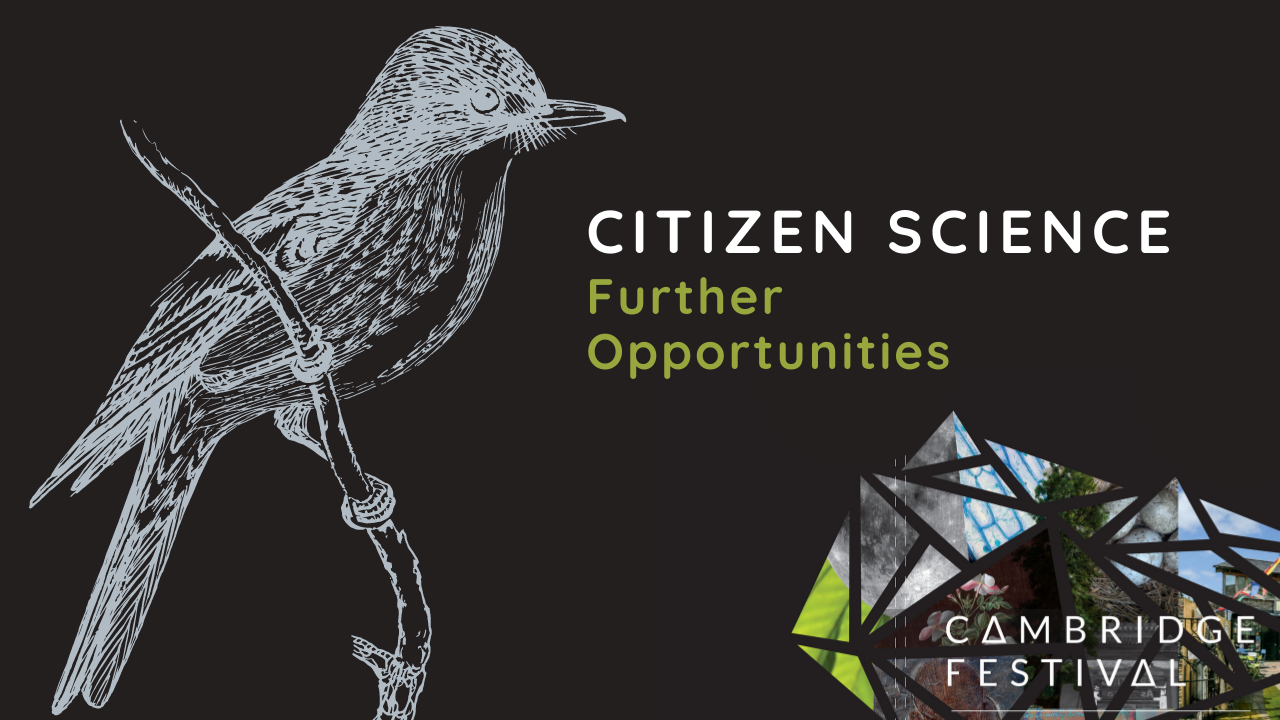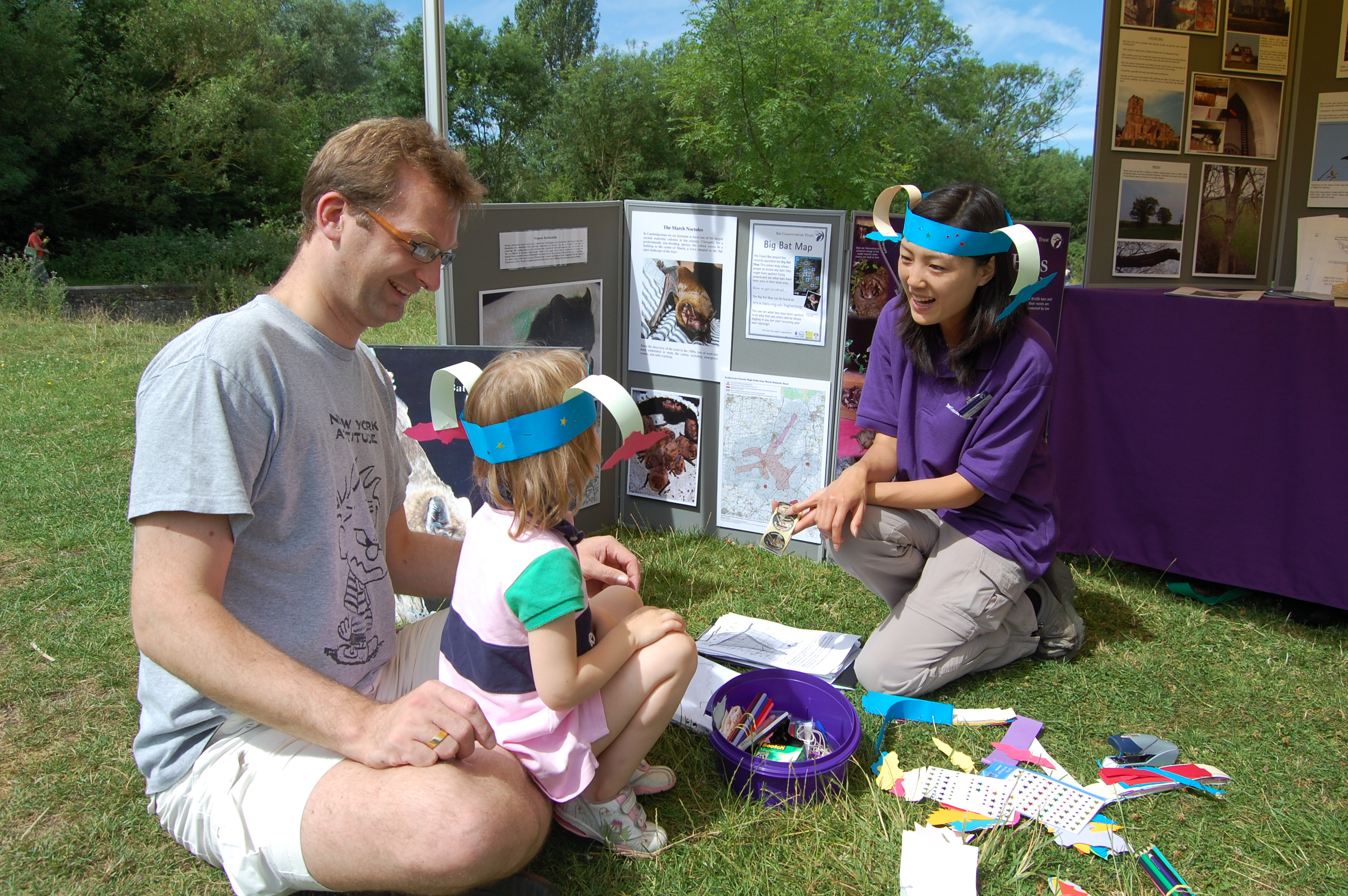
Citizen Science Opportunities
We hope that for many of you this will just be the start and that you will carry on engaging with citizen science into the future. There are a whole range of opportunities out there, including other iRecord activities.
A long-term iRecord study looking at wildlife living on Cambridge University grounds has just been launched (Share your wildlife sightings to support local biodiversity | Sustainability (cam.ac.uk)) . This will feed into the University’s Biodiversity Action Plan (uoc_biodiversityactionplan.pdf (cam.ac.uk)) and you can help monitor species to protect the biodiversity of the Greater Cambridge Area.
Individual colleges are also starting to get involved, and helping to monitor local wildlife and we hope many more will follow the great example already set by Jesus College: www.jesus.cam.ac.uk/articles/have-you-seen-wildlife-jesus-college
If these iRecord activities don’t take place near you then don’t worry, there are many more out there and you can search for an event near you. Alternatively, you can simply upload wildlife recordings as and when you want, without signing up to a specific activity.
Beyond iRecord there are also many other Citizen Science projects to get involved with:
Cambridge University Botanic Garden gives a fantastic list of many of these opportunities linked to plants on their website.
More information about citizen science and how to get involved is also available from the University Museum of Zoology, Cambridge blog: museumofzoologyblog.com/2020/07/02/citizen-science/
More information about biological recording can be found here: Biological Recording – A guide to biological recording in the UK by Keiron Derek Brown
Local Environmental Record Centres (LRCs) can be found in each county in England and are usually supported by partners like Natural England, the Environment Agency, Local Authorities and Wildlife Trusts. You can help by sending wildlife recordings directly to them and you can find out more about the centres in Bedfordshire, Cambridgeshire and Northamptonshire here: https://www.wildlifebcn.org/about-us/monitoring-and-research/record-centres
The Cambridgeshire Mammal Group (www.cambsmammalgroup.org.uk/) is starting a project to bring up to date its own records (and those of the Mammal Society and local environmental record centre) of all the species of wild mammals in the county - whether alive or dead, native or non-native. This will be using iRecord and Mammal Mapper, and is aiming at the next edition of the Cambridgeshire Mammal Atlas (current edition: www.cambsmammalgroup.org.uk/atlas.pdf) due for publication in 2026. For details contact cambsmammal@gmail.com
Finally, if you are interested in doing some more regular recording, you may want to consider helping with a long-running monitoring program like the Butterflies for the New Millennium:

